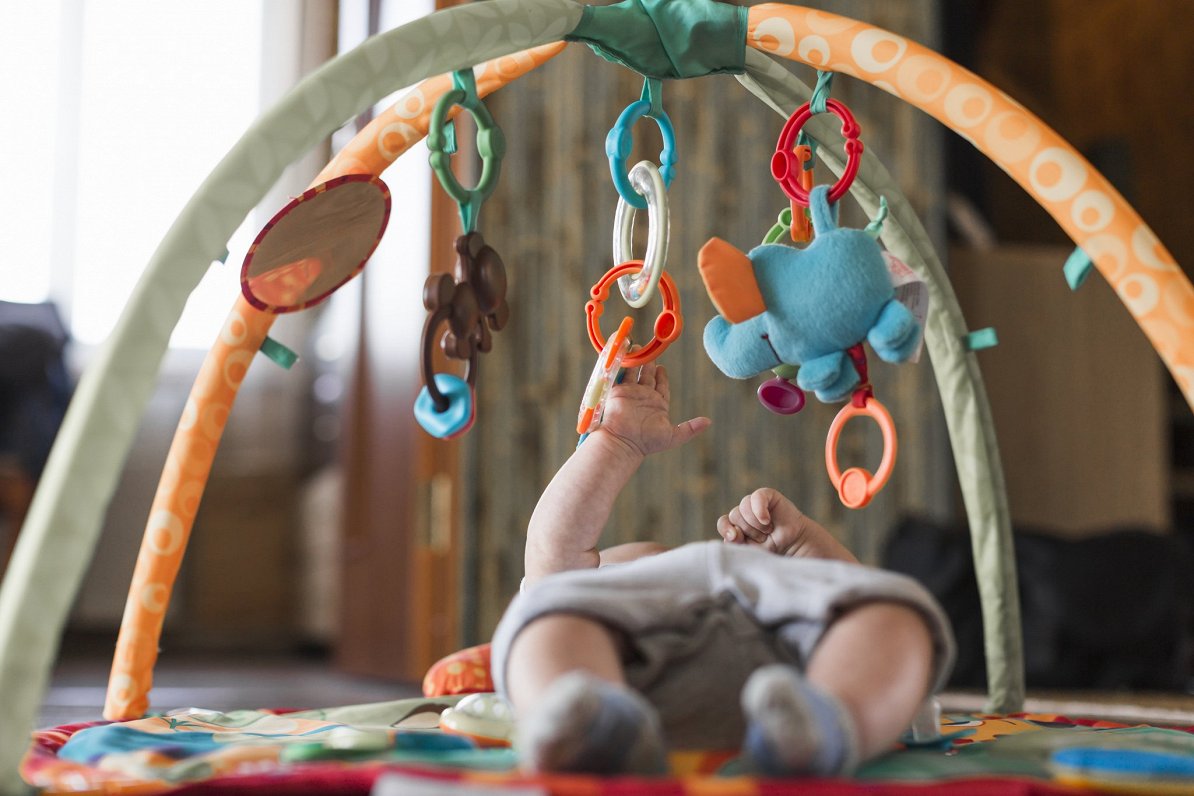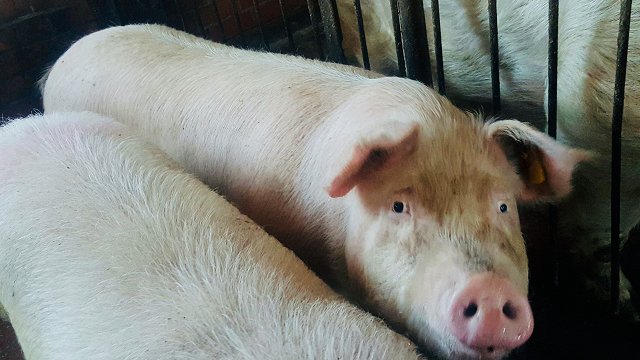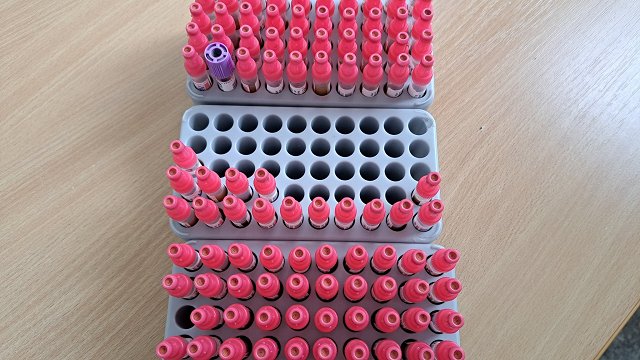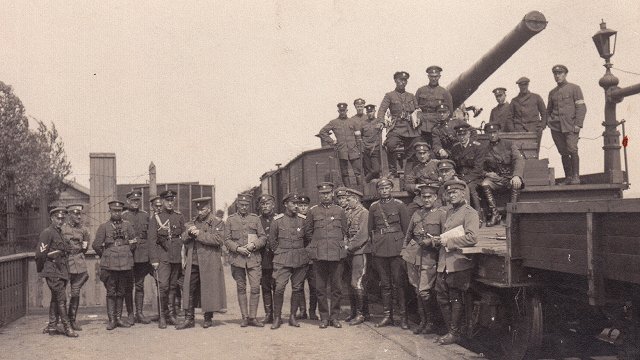The fatality was an infant who had not reached the age of vaccination, but a vaccine given during pregnancy could have prevented such a severe course of the disease.
The SPCK also reminds the public that infants are at the highest risk of serious illness and death from whooping cough, and in EU/EEA countries almost all deaths have occurred in this age group - babies under three months.
Dace Zavadska, infectologist, head of the Family Vaccination Center at the Children's Clinical University Hospital (BKUS) and chair of the National Council for Immunization, also said that this year has seen a marked increase in the number of whooping cough cases - this can also be seen in hospital.
She said that most of the pertussis patients admitted to BKUS this year have been unvaccinated children under one year of age, but there have also been older children, also unvaccinated.
All these children have had serious clinical symptoms and a long recovery period.
Whooping cough is most dangerous in the first year of life, especially in the first six months, when it can also be life-threatening. Zavadska calls on GPs, midwives, gynecologists, and everyone else to remind expectant mothers how important, effective, and safe it is to receive the whooping cough vaccine during pregnancy.
It is a vaccine paid for by the state. It is equally important to vaccinate babies after birth, as soon as they reach the required vaccination age.
The infectologist explained that whooping cough usually manifests itself in both severe coughing fits, which can last for several minutes without being able to draw breath, and in a marked change in blood cell counts, leading to complications.
Whooping cough is a vaccine-preventable infection, and the first vaccine against it was developed in 1930. Since then, the vaccine has been improved and made more effective, and since the 1990s, Europe has been using very safe, well-tolerated, and highly effective combination vaccines that also contain a pertussis component.
The first dose of the vaccine containing the pertussis component starts when the child is two months old.
In Latvia, subsequent doses are given at four, six, and 12 months of age, followed by booster vaccines.
Effective protection is only established after the third dose, so if all doses are received on time, the child is protected from about six months of age.































